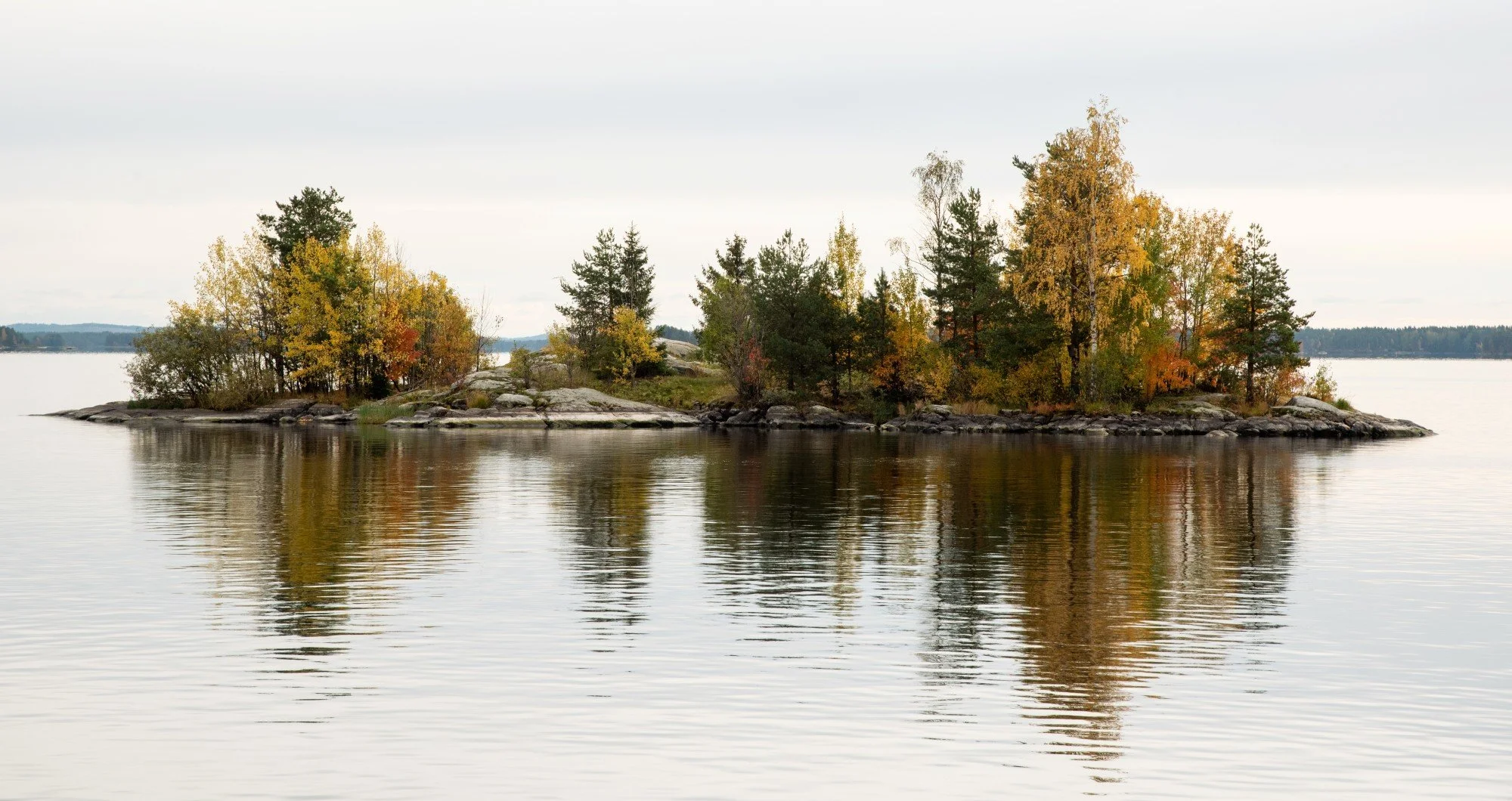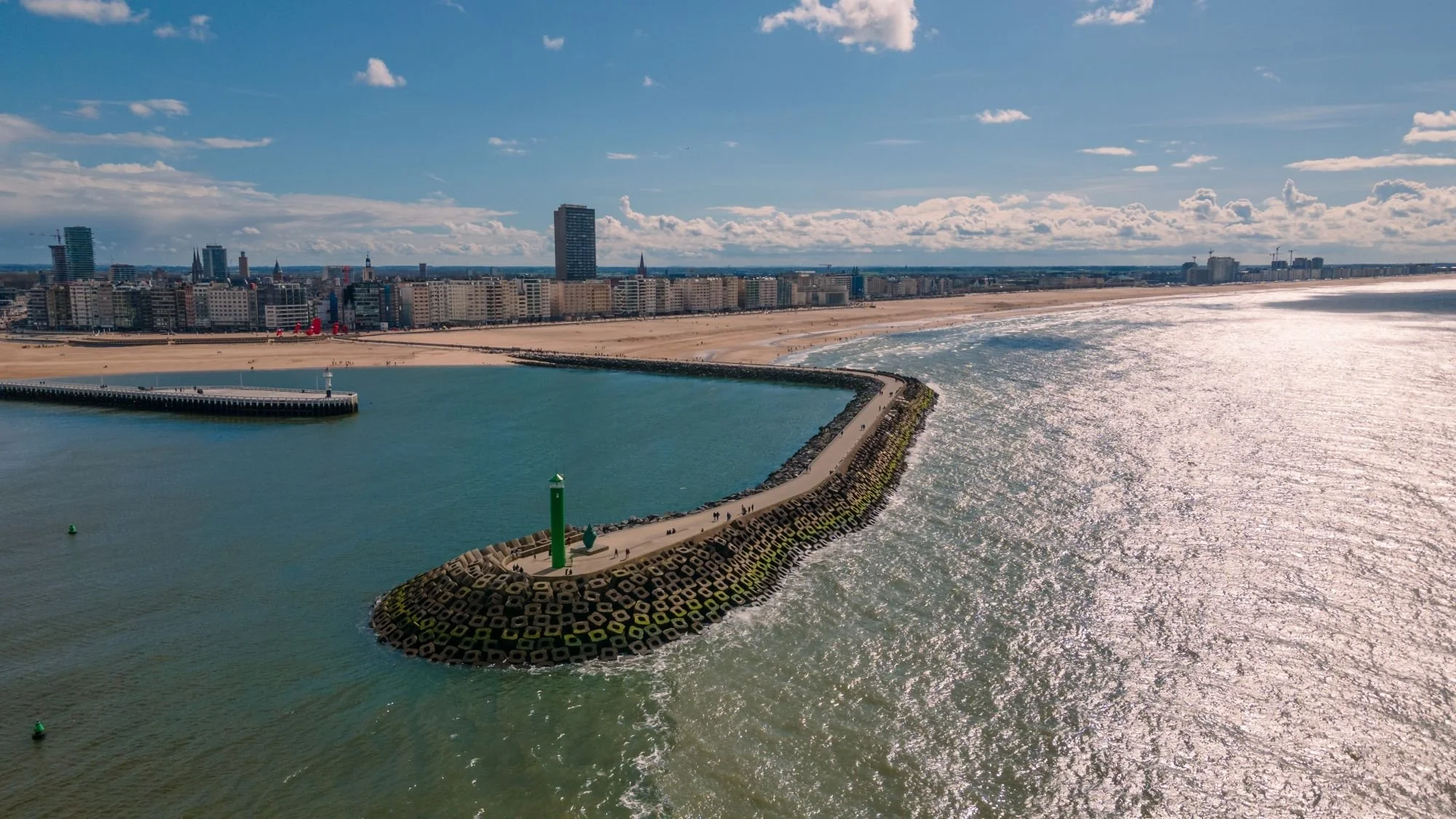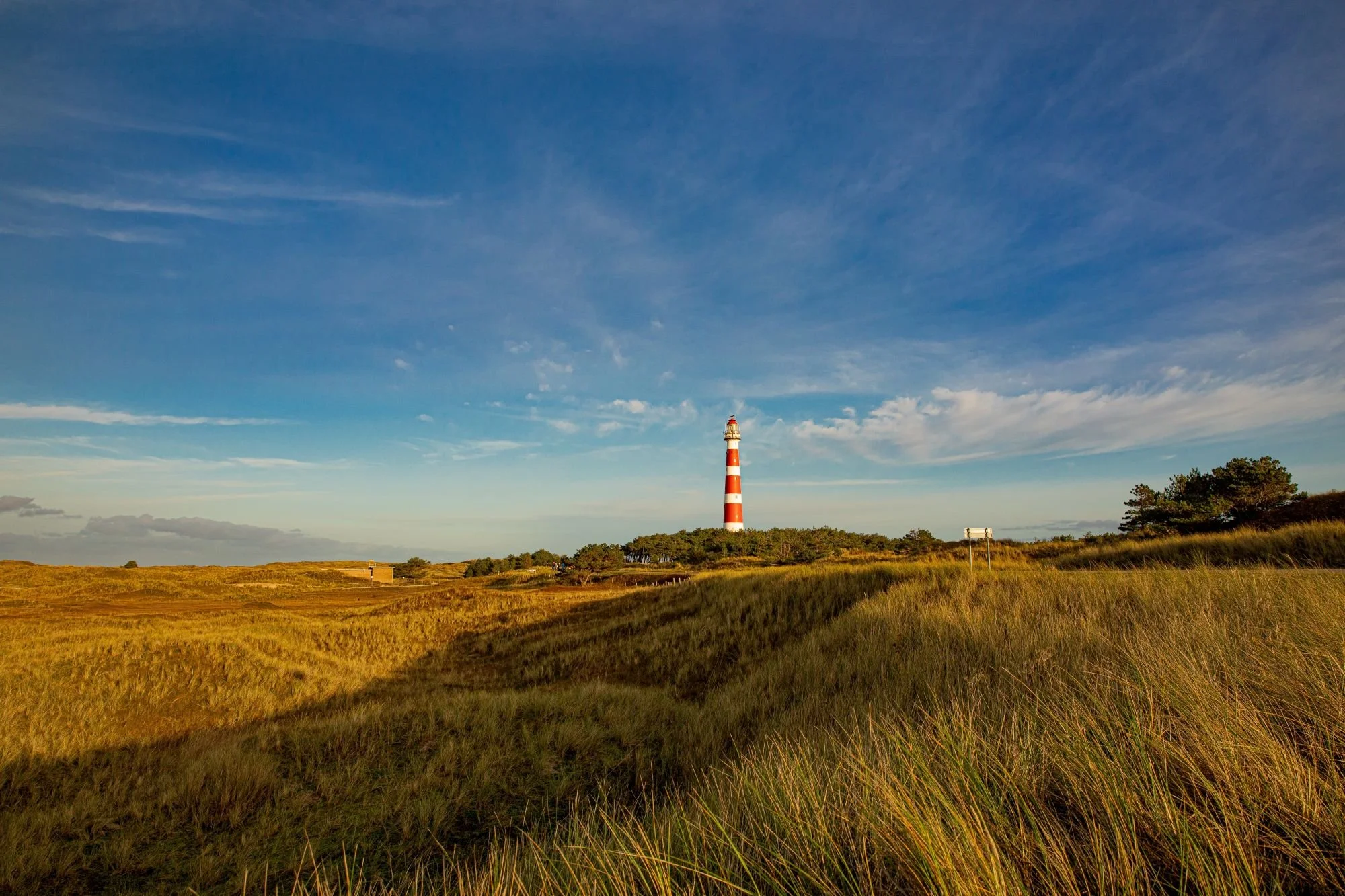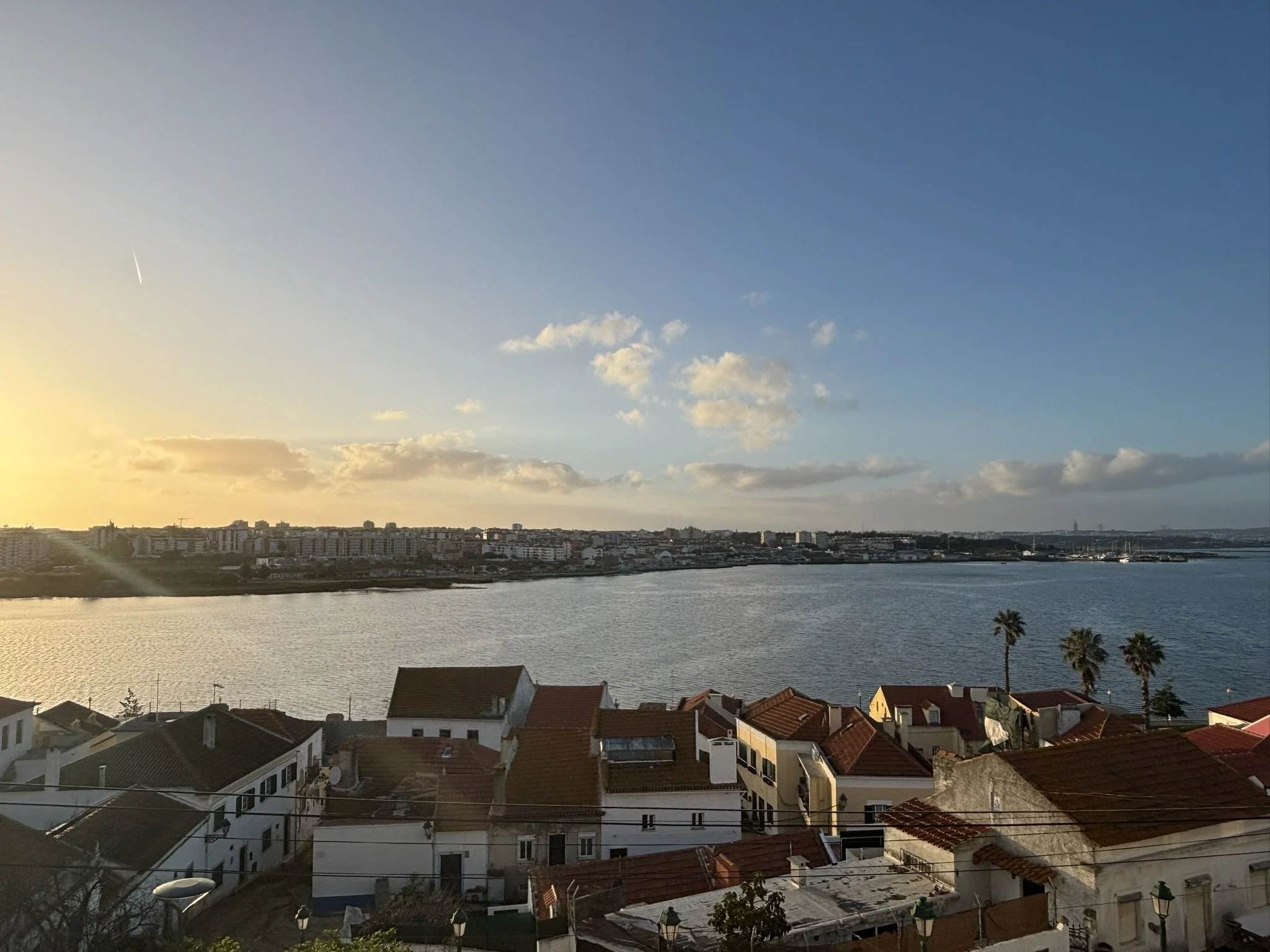
Climate Adaptation Labs
SMARTER is working closely with local communities and municipalities to co-design and tailor climate adaptation solutions to different social, economic and ecological needs.
Where we work
The climate crisis is global, but different communities face their own distinct climate and socio-economic challenges.
To ensure our solutions for systemic adaptation consider these local challenges, we’ve set up the SMARTER Climate Adaptation Labs - a network of 9 European regions and cities.
Explore our Climate Adaptation Labs
-

Tampere, Finland
Tampere is the third largest city in Finland, with a population of nearly 260,000 residents. Located in the south of the country, the city is facing increasing drought and heat stress, as well as urban flooding. These climate risks are increasingly impacting residents’ health, particularly in vulnerable population groups.
-
Lisbon Metropolitan Area, Portugal
The Lisbon Metropolitan Area is made up of 18 municipalities, including Portugal’s capital Lisbon. To reduce the region’s vulnerability to flash floods, heatwaves, coastal erosion and sea level rise, the Lisbon Climate Adaptation Lab is developing greening and retreat strategies in urban waterfronts.
-

Ostend, Belgium
With over 70,000 residents, Ostend is the largest city on the Belgian coast. By implementing both technical and nature-based solutions to improve water retention in the area and relieve heat stress, the Ostend Climate Adaptation Lab aims to reduce the vulnerability of the city’s ageing population to climate risks.
-

Kuopio, Finland
Kuopio, a city in the Finnish Lakeland, faces similar climate challenges to the Tampere Climate Adaptation. Through collaboration in the planning process, Kuopio will assess the potential to replicate solutions for a climate adapted daycare centre in their city.
-

Fryslân, Netherlands
The coastal province of Fryslân in the north of the Netherlands. The region is facing increasing extreme weather, making it more susceptible to flooding, drought and sea level rise. To address these challenges, the Climate Adaptation Lab will explore solutions to water safety and fresh water availability, particularly in the context of conflicting socio-economic interests from proposed extensions to ports.
-

North Holland, Netherlands
North Holland neighbours the province of Fryslân, separated only by the Waddensea UNESCO World Heritage Site, the largest unbroken system of intertidal sand and mud flats in the world. The province is home to the Dutch capital Amsterdam and, like Fryslân, also has a rural coastline. By collaborating with Fryslan, the Lab will integrate local and short-term needs with national and international legislation to implement long-term adaptation strategies.
-

Flanders, Belgium
Flanders is a region in northern Belgium. It is a highly urbanised region and has a diverse economy based around the industry, transport and services sectors. The Flanders Climate Adaptation Lab will work closely with Ostend to upscale solutions on a regional level and link them to policy on land use planning, mobility and water.
-

Gdansk, Poland
Gdansk is Poland’s maritime capital and one of the largest ports on the Baltic coast. The city is increasingly at risk from torrential rain, flash flooding and sea level rise, which impacts both its citizens and key economic sectors. The Gdansk Climate Adaptation Lab will enhance rainwater management and flood safety through nature-based solutions, such as rain gardens, and through improved water retention reservoirs.
-

Western Greece, Greece
The region of Western Greece is home to Patras, the country’s third largest city, and has nearly 650,000 inhabitants. The region has a diverse economy which includes the transport, agriculture and tourism sectors, however it is increasingly under threat from coastal erosion, as well as heat and water stress. To tackle these challenges, the region is participating in a pilot study to understand climate change scenarios and to implement nature-based solutions to increase climate resilience.


